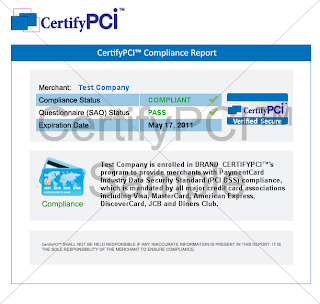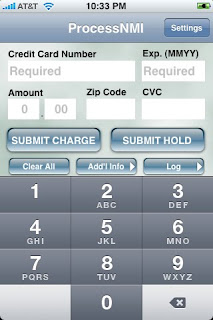Connected Pay offers flexibility to accept credit cards how you want. If you own a business that is on the go, such as a contractor, artist, photographer, caterer, pet groomer, or home party sales, Payware Mobile might be your ideal method of acceptance. It is easy to accept credit cards with your cell phone. Connected Pay supports most Veriphone products. If you don't have an i-Phone, take a look to see if your phone is supported. Alternate handheld card readers.
The Simplicity And Flexibility Merchants Want
• Simply slide on the card encryption sleeve to iPhone and start accepting credit card and signature-based debit card transactions
• Works in conjunction with VeriFone’s hosted gateway service, PAYware Connect
• Includes integrated capacitive stylus to allow for signature capture
• Emails receipts to customers with customized layouts and fields to highlight special promotions
• Geo-tagging with latitude and longitude points identifies transaction location to help with dispute resolution
• View transaction history via iPhone or via the gateway portal
The Secure Way To Accept Payments On An iPhone
• Secures customer data and significantly reduces liability risks for merchants
• Provides end-to-end security with VeriShield Protect from the moment a card is swiped so sensitive, unencrypted cardholder data never enters iPhone
• Lets account administrators activate, manage and even deactivate gateway access of iPhones that are lost or stolen
• PA-DSS approved payment application
The Savings Merchants Demand
• Saves time and reduces transaction fees with swiped, card present transactions
• Eliminates manual entry errors and reduces deposit slips and manual receipts
• Enables merchants to efficiently manage their business with extensive reporting via the gateway portal – such as transaction detail, post-settlement and transaction search







